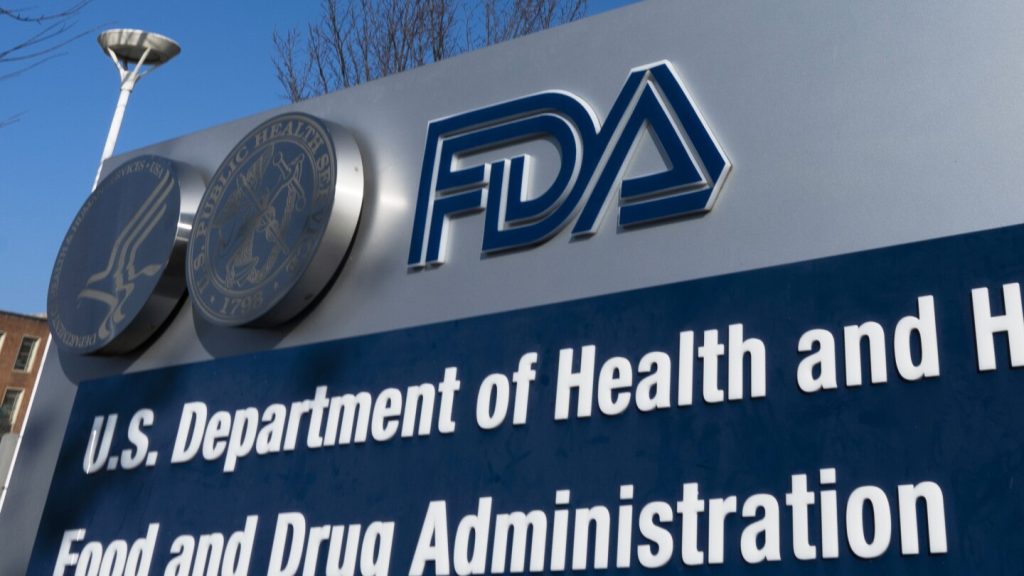A recent study found that most cancer drugs granted accelerated approval by the U.S. Food and Drug Administration do not demonstrate benefits within five years. The accelerated approval program was created in 1992 to speed up access to promising drugs, especially for diseases like HIV. However, the study revealed that only 43% of cancer drugs granted accelerated approval showed a clinical benefit in subsequent trials. This raises concerns about the effectiveness of these medications and the impact on patients who may be relying on them for treatment.
Between 2013 and 2017, 46 cancer drugs were granted accelerated approval, with 63% of them eventually receiving regular approval despite not all demonstrating clear benefits. The study, published in the Journal of the American Medical Association and presented at the American Association for Cancer Research annual meeting, highlights the need for better evidence and transparency in the drug approval process. It is crucial for patients to have a clear understanding of the drugs they are receiving and the uncertainties surrounding their effectiveness.
Dr. Ezekiel Emanuel, a cancer specialist and bioethicist at the University of Pennsylvania, emphasized the importance of having definitive answers about the efficacy of these drugs within five years of their accelerated approval. Thousands of patients are taking these medications, and it is essential to know whether they actually work or not. While accelerated approval allows patients to access drugs earlier, it also comes with the risk that some medications may not deliver the expected outcomes. It is crucial for the FDA and drug companies to conduct rigorous testing and provide sufficient evidence before granting full approval.
It remains unclear how much cancer patients understand about drugs with accelerated approval, as highlighted by Dr. Edward Cliff of Harvard Medical School, who co-authored the study. Some patients may not be fully informed about the uncertainties surrounding these medications, particularly if they are the only option available for rare or advanced cancers. Dr. Jennifer Litton of MD Anderson Cancer Center in Houston emphasized the importance of doctors carefully explaining the evidence to patients and managing their expectations. It is crucial not to overpromise the benefits of these drugs and provide realistic information about their efficacy.
Recent updates to the accelerated approval program have given the FDA more authority and streamlined the process for withdrawing drugs that do not meet their commitments. The changes allow the agency to withdraw approval for a drug granted accelerated approval more quickly if necessary. The FDA can now require that confirmatory trials be underway when granting preliminary approval, speeding up the process of verifying the effectiveness of these drugs. These changes aim to ensure that patients receive drugs that have been thoroughly tested and proven to be beneficial.


